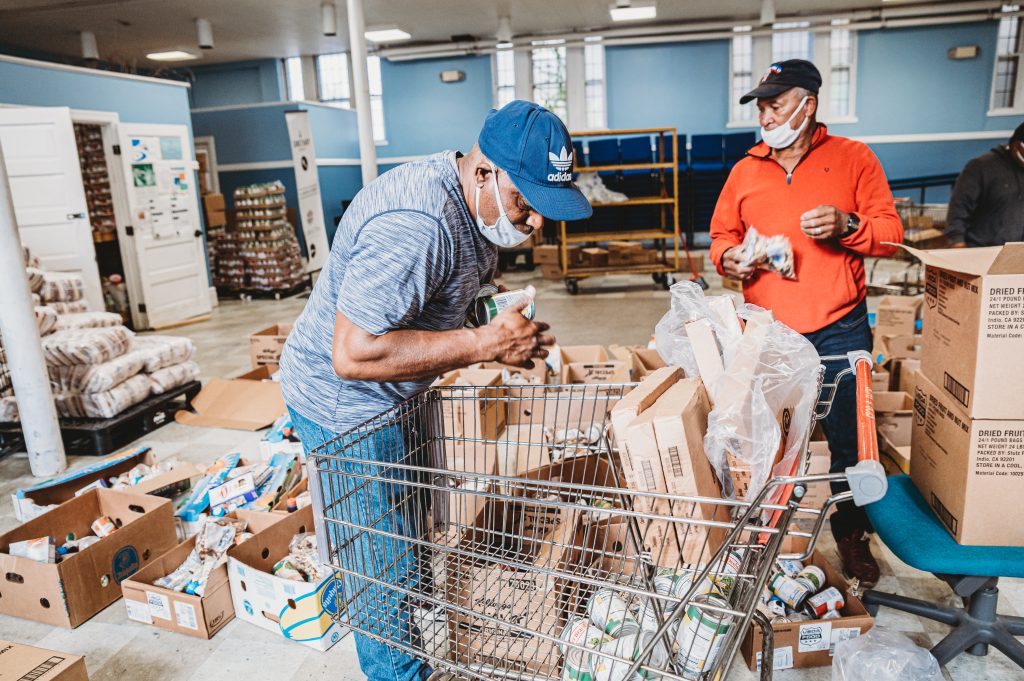You may have heard that all you need to succeed is to “pull yourself up by the bootstraps.”
The “bootstrap mentality” is a school of thought that promotes self-reliance and hard work as the sole factors of success. Of course, the concept can be motivating to reach one’s personal goals (like reducing financial spending, exercising, or overcoming workplace setbacks), but it can also have negative connotations — ones that have led to a flawed understanding of homelessness and poverty.
In the context of homelessness or unemployment, the bootstrap mentality suggests that individuals who are experiencing poverty are simply not working hard enough and aren’t taking responsibility for their misfortune. This view ignores the structural factors that contribute to poverty and homelessness. Rather than helping struggling individuals, the bootstrap mentality puts undue blame on individuals facing systemic barriers of entry that would secure them proper housing and employment.

It is important to understand that individuals who are experiencing homelessness and poverty are not lazy or lacking in personal responsibility. Many struggle to access the resources and support they need to improve their situation.
One significant barrier to accessing crucial resources is documentation. You’re likely familiar with all the documents needed to secure a job or housing: Birth Certificates, Social Security Cards, Paystubs & more may be required. Many individuals who are experiencing homelessness do not have access to basic identification required to apply for jobs or access social services.1 Without these documents, it can be nearly impossible to secure employment or access government benefits.
It is also important to understand that poverty and homelessness are often the result of systemic and structural factors, such as lack of affordable housing, low wages, and inadequate social safety nets. These factors can disproportionately impact marginalized people — people of color, the disabled, and the LGBTQIA+ community to name a few2. Understanding these high barriers to entry is crucial for developing effective solutions to address poverty and homelessness.
The bootstrap mentality, in the context of homelessness or poverty, sets a problematic stigma that all persons in difficult financial situations have done so to themselves and therefore can get out of these situations by working harder3. That’s simply not true. Homeless individuals who don’t have jobs are not lazy but are often facing significant barriers and challenges. Access to resources and support, including basic documents like IDs and birth certificates, is essential for individuals who are experiencing homelessness.
It is important to recognize the systemic and structural factors that contribute to poverty and homelessness and work towards developing effective solutions to address these issues.
Better Lives works closely with the unhoused community to secure their access to documentation, emergency shelter, and public transportation.
1 https://stateline.org/2017/05/15/without-id-homeless-trapped-in-vicious-cycle/
3 https://rachelwayne.medium.com/the-problem-with-the-bootstrap-mentality-fa783d7bf710

